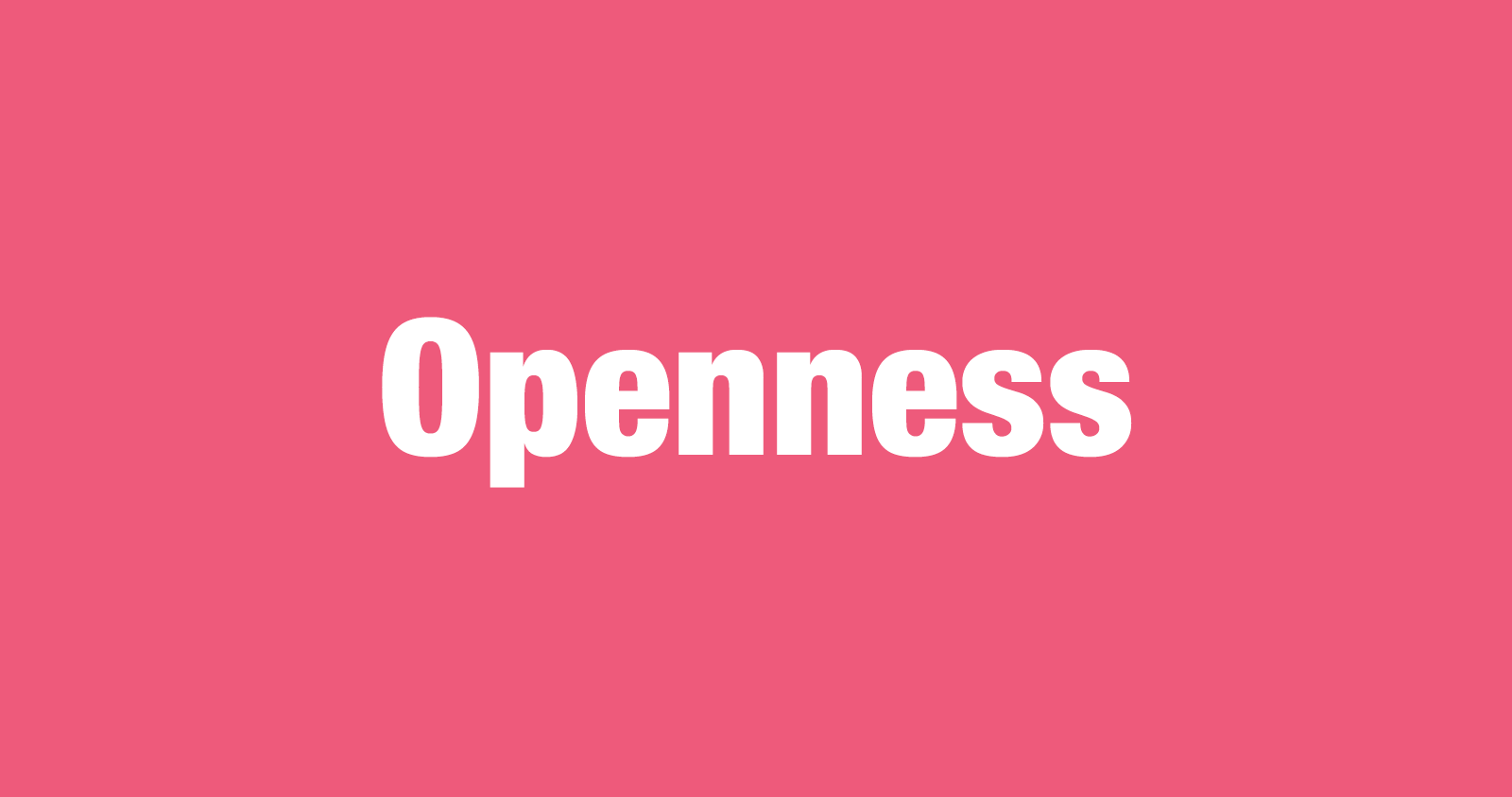What is Openness?
Openness is one of the Big Five Personality Traits and reflects levels of imagination and curiosity.

Openness is one of the Big Five Personality Traits, the personality model Sorter uses to understand your customers.
High Openness
People who rate high in openness can be described as imaginative, with greater intellect and aesthetic sensitivity. They are comfortable with unconventionality, and they love learning and experiencing new things.
Open people have many interests. They perform better on tests of intelligence and creativity, are more likely to complete more years of formal education, and enjoy pursuing careers that are artistic, technical, or scientific.
Those with high openness are also likely to self-describe as spiritual (though not necessarily religious) and to be politically and socially liberal. Open people exhibit independence of judgment and question authority. They’re also more likely to engage in drug use and to experience emotions more acutely than less open people.
People with high openness have artistically inclined interests. They like reflective and contemplative music (like folk, classical, blues, and jazz) and intense and rebellious music (like heavy metal, rock, and alternative), and they often use music as a form of intellectual or cognitive enrichment.
Low Openness
On the opposite side, those who are low in openness may be more conservative and less open to uncertainty and new ideas. They prefer familiarity and routine—having lower openness can mean a person is more conservative and doesn’t like taking risks. Less open people approach life in a more predictable manner, and prefer stability over change. They’d rather have things stay the same, and they feel safer that way.
Opposite of those with high openness, less open people are likely to have more stable emotions, and are less likely to do drugs. They can be more “practical, task-focused, and down-to-earth” when learning new things, and they don’t enjoy ambiguity.
Since they don’t waste time searching for as many different answers as possible, people low in openness are more efficient at making decisions, though those decisions might be less informed. They prefer closure and the satisfaction of a concrete answer to a question, in contrast to open people, who enjoy the search for answers.
Curious about your level of openness? Take Sorter’s personality quiz.

